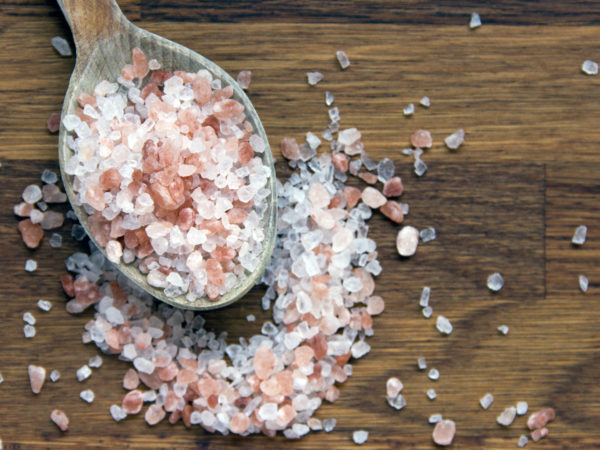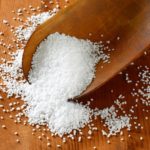Too Much Salt: Bad For The Immune System

A recent German study found that people who consumed their normal diet plus an additional six grams of salt per day showed pronounced immune system deficiencies. Six grams is about the amount of salt found in two fast food meals, according to researchers at the University of Bonn. They also found that mice fed a high-salt diet suffered from severe bacterial infections. We’ve long known that salt raises blood pressure, which increases the risk of heart attack or stroke. A week after human volunteers consumed six grams of salt in addition to their regular daily intake, blood tests showed that their immune cells coped much worse with bacteria, the researchers reported. They cited figures suggesting that on average, German men are consuming 10 grams of salt daily while German women typically consume more than eight.
My take? Salt cravings are certainly common, and many people are accustomed to consuming far more than the 1,500 mg of sodium we need daily. In the U.S. the average intake is five to six grams per day! It’s estimated that about 80 percent of that salt in the Western diet comes from prepared, packaged, processed foods such as crackers, cookies, cereals, soups, frozen dinners, and pasta sauces eaten at home. More comes from fast foods and other restaurant meals. The best way to cut down on your sodium intake is to start gradually by eating fewer processed foods and replacing them with fresh fruits and vegetables, and with meats you cook at home. In processed foods the sodium content is high, as it acts as both a flavor enhancer and preservative.
Source:
Katarzyna Jobin et al, “A high-salt diet compromises antibacterial neutrophil responses through hormonal perturbation. Science Translational Medicine, March 25, 2020 DOI: 10.1126/scitranslmed.aay3850
More from this week’s bulletin:
- A Daily Bath Could Be Heart Healthy
- Tofu Cuts Heart Disease Risk
- Need a non-coffee pick-me-up beverage? Try: Energizing Green Tonic!
Sign up for Dr. Weil’s Newsletters












